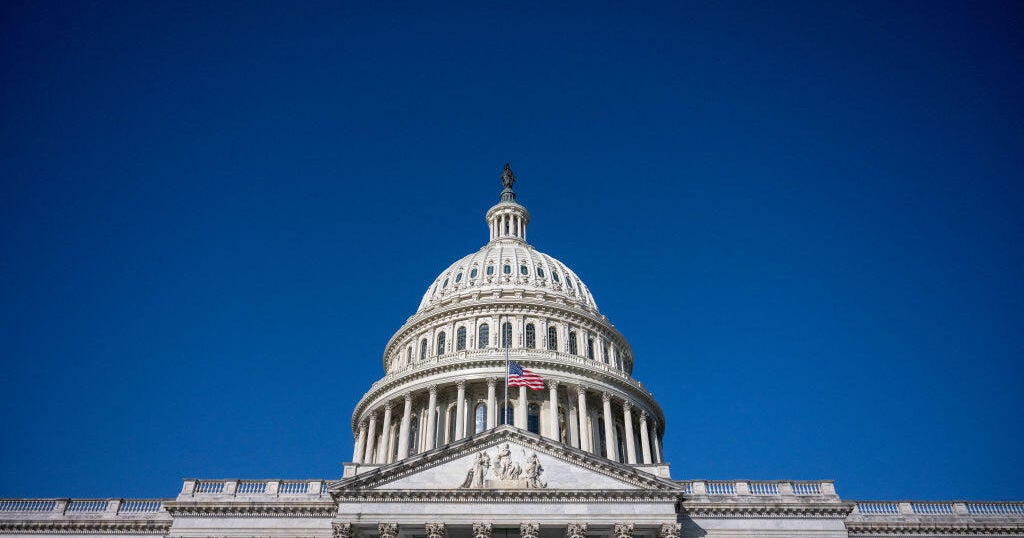Provider Taxes: A Lifeline for Rural Hospitals in Colorado
In the expansive eastern plains of Colorado, the small town of Hugo hosts Lincoln Health, the only hospital within a 75-minute radius. Despite its critical role in a rural community of fewer than 6,000 residents, the hospital faces significant financial challenges due to its limited patient base.
Financial Support Through Provider Taxes
For over ten years, Lincoln Health has found a financial lifeline in an unexpected source: special taxes levied on hospitals across Colorado. These provider taxes play a substantial role in offsetting the state’s Medicaid expenses. Because of federal matching funds, the state can claim additional federal financial resources, ultimately benefiting facilities like Lincoln Health.
In the previous fiscal year, Lincoln Health contributed $500,000 in provider taxes, yet received an astonishing $3.6 million in return through Medicaid, which encompasses approximately 15% of its operational budget. According to Lincoln’s CEO, Kevin Stansbury, “These dollars allow me to care for patients who are enrolled in Medicaid and to break even rather than lose money.”
Federal Discussions Around Provider Taxes
Every state, barring Alaska, utilizes some form of provider tax to increase their federal Medicaid funding. However, the current Republican-controlled Congress is exploring potential reductions to the nearly $900 billion Medicaid program, targeting provider taxes amid discussions of tax cuts introduced during President Trump’s administration. Some lawmakers have branded these taxes as unjust, citing concerns related to accountability and fiscal responsibility.
Brian Blase, a former health policy advisor under Trump, identifies provider taxes as a considerable waste within the Medicaid system and questions the accountability of states and providers in utilizing these funds efficiently.
The Congressional Budget Office has estimated that eliminating these taxes could save the federal government upwards of $600 billion over the next decade. Representative Brett Guthrie (R-Ky.), leading the House committee that oversees Medicaid, has acknowledged that provider taxes are being considered for reduction in budget negotiations.
The Importance of Provider Taxes
Provider taxes have a long history dating back to the 1980s as states sought ways to secure necessary federal funding for Medicaid. Their significance has only grown as many states, including Colorado, leverage these taxes to achieve necessary budget relief amidst economic pressures.
In California, for example, a managed care tax initiated in 2009 is predicted to generate nearly $9 billion for the state’s Medicaid program, enhancing care access while also extending full Medicaid coverage to undocumented immigrants through state funds.
Medical professionals assert that these taxes, in part, help cover the costs of care offered to lower-income individuals and families, enhancing Medicaid reimbursement rates to healthcare providers. As highlighted by Brian Whitlock, CEO of the Idaho Hospital Association, these taxes are critical for delivering acceptable reimbursement rates, helping hospitals operate without incurring excessive losses.
Impact on Local Healthcare Services
In rural areas, like the San Luis Valley in Colorado, provider taxes not only bolster hospital funding but also support essential services. For instance, these funds help maintain obstetric services, preventing residents from traveling significant distances for care. Konnie Martin, CEO of San Luis Valley Health, stated, “Without the birthing center, the entire region would suffer.” The financial support from provider taxes can catalyze improvements in care delivery, telehealth services, and emergency preparedness.
Additionally, the funds support essential programs that enable working individuals with disabilities to obtain Medicaid coverage, showcasing the tangible benefits stemming from these taxes for vulnerable populations.

